When it comes to maintaining your vehicle’s engine, choosing the right High-Performance Engine Oil and Automotive Lubricants is critical for longevity, efficiency, and peak performance. Whether you drive a high-performance sports car, a heavy-duty truck, or a daily commuter, understanding the role of Engine Oil and other lubricants can save you from costly repairs and ensure smooth operation.
Why High-Performance Engine Oil Matters
High-Performance Engine Oil is specifically engineered to handle extreme conditions, such as high temperatures, heavy loads, and rapid acceleration. Unlike conventional oils, these advanced formulations provide superior protection against wear, reduce friction, and enhance fuel efficiency.
Pro-Lube, a trusted name in the lubricant industry since 2005, excels in producing high-performance engine oil using its proprietary Power-Plus Technology. This process creates a pure, crystal-clear base oil from natural gas, free of impurities in traditional Group II and III oils. Pro-Lube’s synthetic oils, such as SAE 0W-20 and 5W-30, meet API SN GF-5 specifications, delivering exceptional protection for modern engines with multi-valve systems or catalytic converters. These oils ensure faster oil flow during cold starts, reduced friction, and enhanced fuel efficiency, making them a top choice for drivers seeking peak performance
Key Benefits of High-Performance Engine Oil
– Enhanced Engine Protection: Reduces metal-to-metal contact, preventing premature wear.
– Improved Heat Resistance: Maintains viscosity even under extreme temperatures.
– Better Fuel Economy: Reduces internal friction, allowing the engine to run more efficiently.
– Longer Oil Life: Synthetic blends last longer than conventional oils, reducing the frequency of oil changes.
For turbocharged or high-revving engines, High-Performance Engine Oil is a must to prevent breakdowns and maintain optimal lubrication.
Understanding Different Types of Engine Oil
Not all Engine Oil is created equal. The right choice depends on your vehicle’s requirements, driving conditions, and climate. Here’s a breakdown of the most common types:
1. Conventional Motor Oil
– Derived from crude oil.
– Suitable for older vehicles with simple engine designs.
– Requires more frequent changes than synthetic oils.
2. Synthetic Engine Oil
– Lab-engineered for superior performance.
– Flows better in cold weather and resists thermal breakdown.
– Ideal for modern engines, including turbocharged and high-performance models.
3. High-Mileage Engine Oil
– Formulated for vehicles with over 75,000 miles.
– Contains additives to reduce leaks and rejuvenate aging seals.
4. Synthetic Blend Oil
– A mix of conventional and synthetic oils.
– Offers better protection than conventional oil at a lower cost than full synthetic.
Always check your vehicle’s owner’s manual for the recommended oil type and viscosity grade for the best results.
The Role of Automotive Lubricants in Vehicle Maintenance
Beyond Engine Oil, Automotive Lubricants are crucial in keeping various vehicle components running smoothly. Here are the most essential types:
1. Gear Oil
– Used in manual transmissions and differentials.
– High viscosity to withstand extreme pressure.
2. Greases
– Semi-solid lubricants are ideal for bearings, chassis, and suspension parts.
– White lithium grease is popular for its durability and water resistance.
3. Penetrating Lubricants
– Designed to loosen rusted bolts and nuts.
– Commonly used in aerosol form for easy application.
4. Dry Lubricants
– Non-sticky, ideal for dusty environments.
– Often used in hinges, locks, and sliding mechanisms.
5. Chain Lubricants
– Specially formulated for motorcycle and bicycle chains.
– Resists flinging off during motion.
Using the right Automotive Lubricants ensures smoother operation, reduces wear, and extends the lifespan of critical components.
How to Choose the Best Lubricants for Your Vehicle
Selecting the right High-Performance Engine Oil and Automotive Lubricants involves considering several factors:
1. Check Manufacturer Recommendations
– Always refer to your owner’s manual for viscosity grades (e.g., 5W-30, 10W-40).
2. Consider Driving Conditions
– Extreme temperatures (hot or cold) may require specialized synthetic oils.
– Heavy towing or off-roading demands high-viscosity lubricants.
3. Look for Industry Certifications
– API (American Petroleum Institute) and SAE ratings ensure quality standards.
4. Prioritize Synthetic Blends for Modern Engines
– Synthetic oils outperform conventional oils in almost every aspect.
Conclusion: Maximizing Engine Performance with the Right Lubricants
At Pro-Lube, we understand that investing in high-performance engine oil and the correct automotive lubricants is one of the simplest yet most effective ways to protect your vehicle. Whether you’re aiming for better fuel efficiency, longer engine life, or enhanced performance under extreme conditions, using the right lubricants makes all the difference.
By understanding these key lubricants and their specific applications, you can ensure your vehicle runs smoothly, efficiently, and with minimal wear for years to come, all backed by Pro-Lube’s commitment to quality and performance.



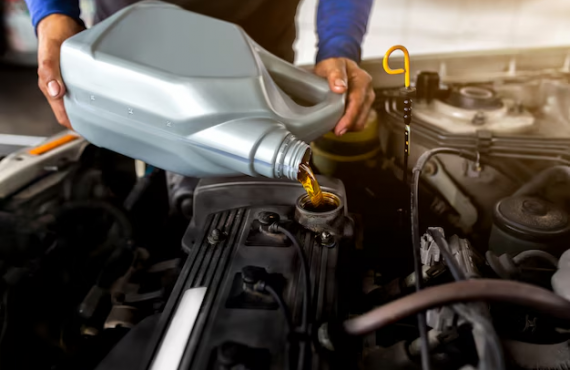
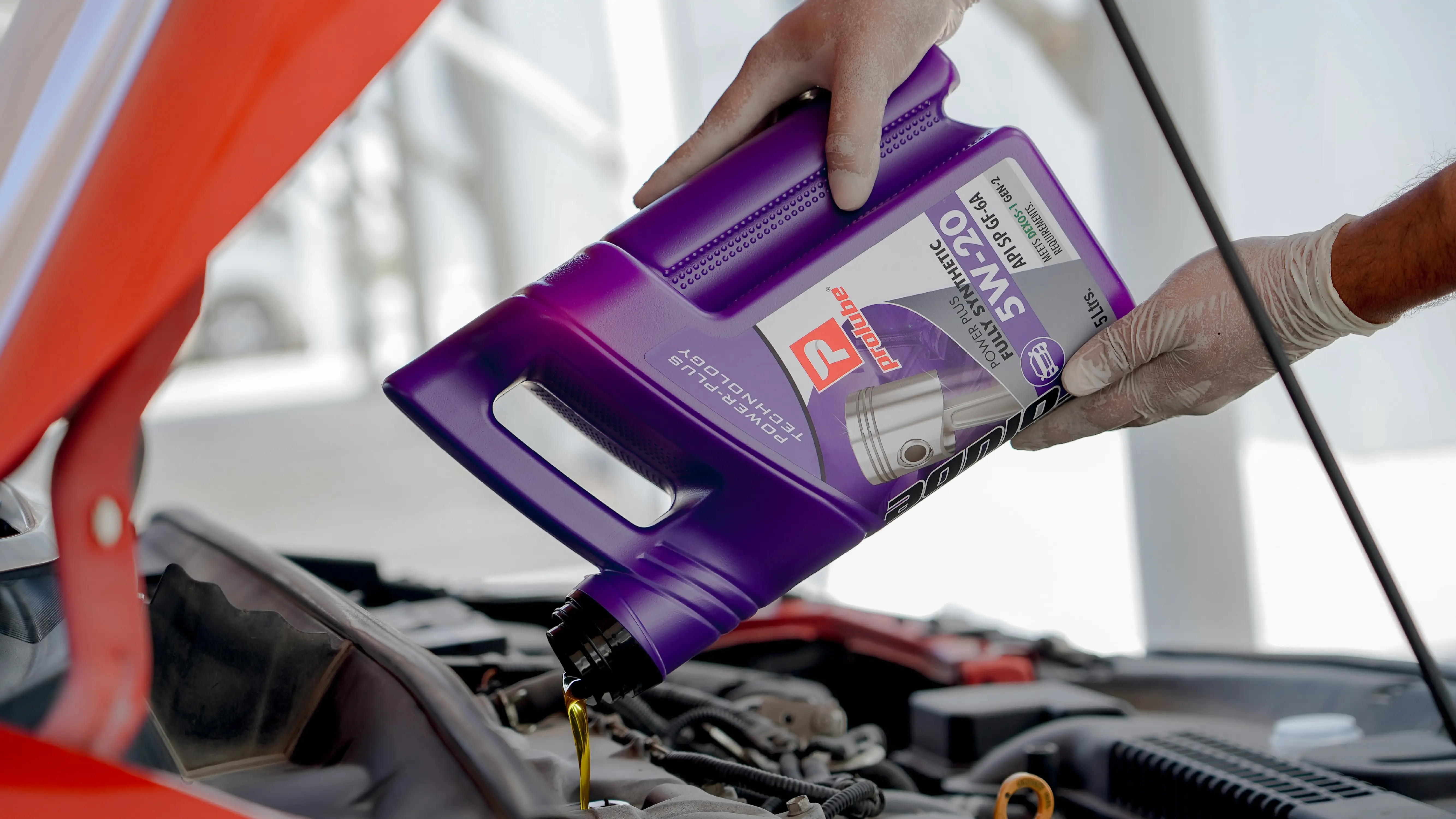
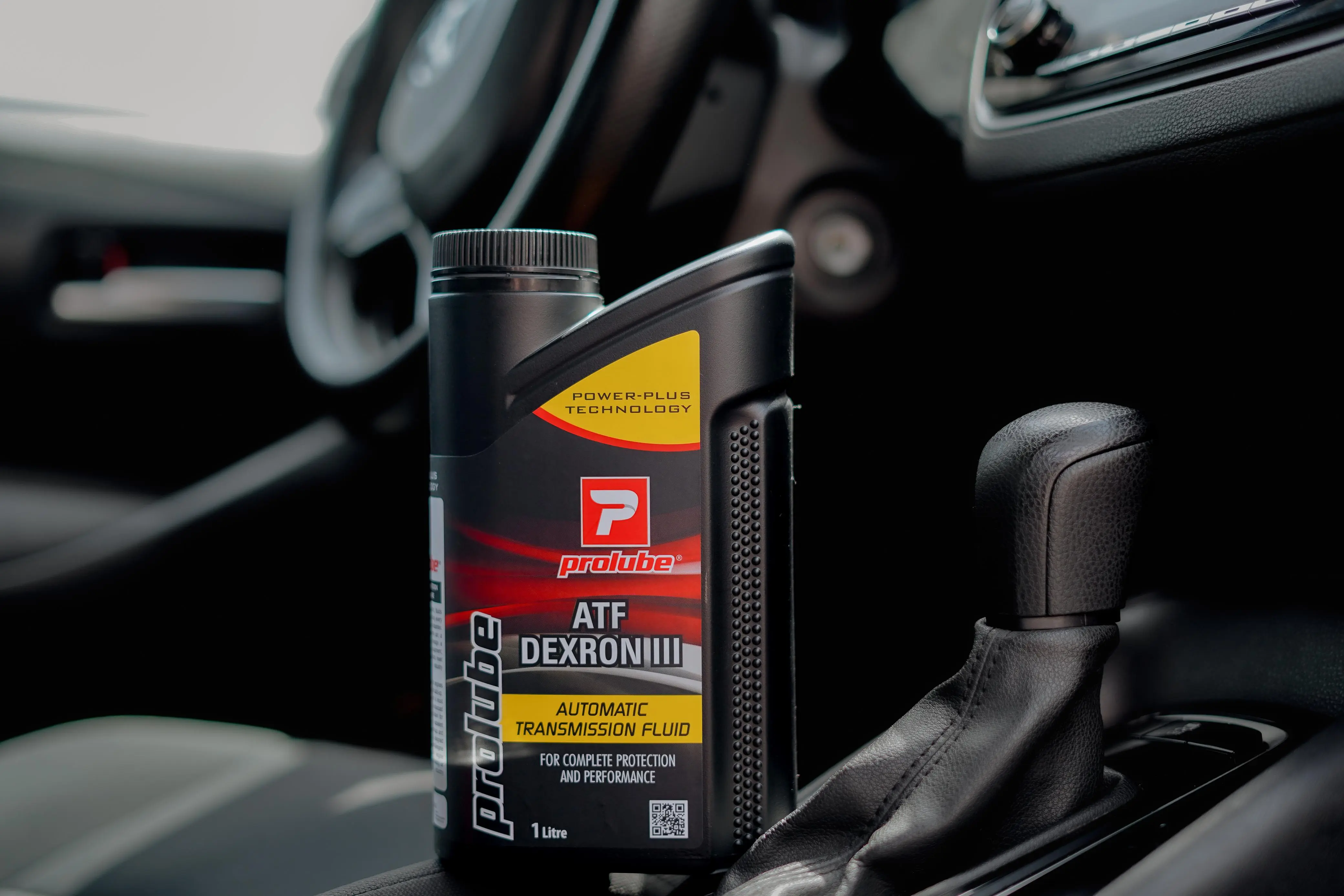
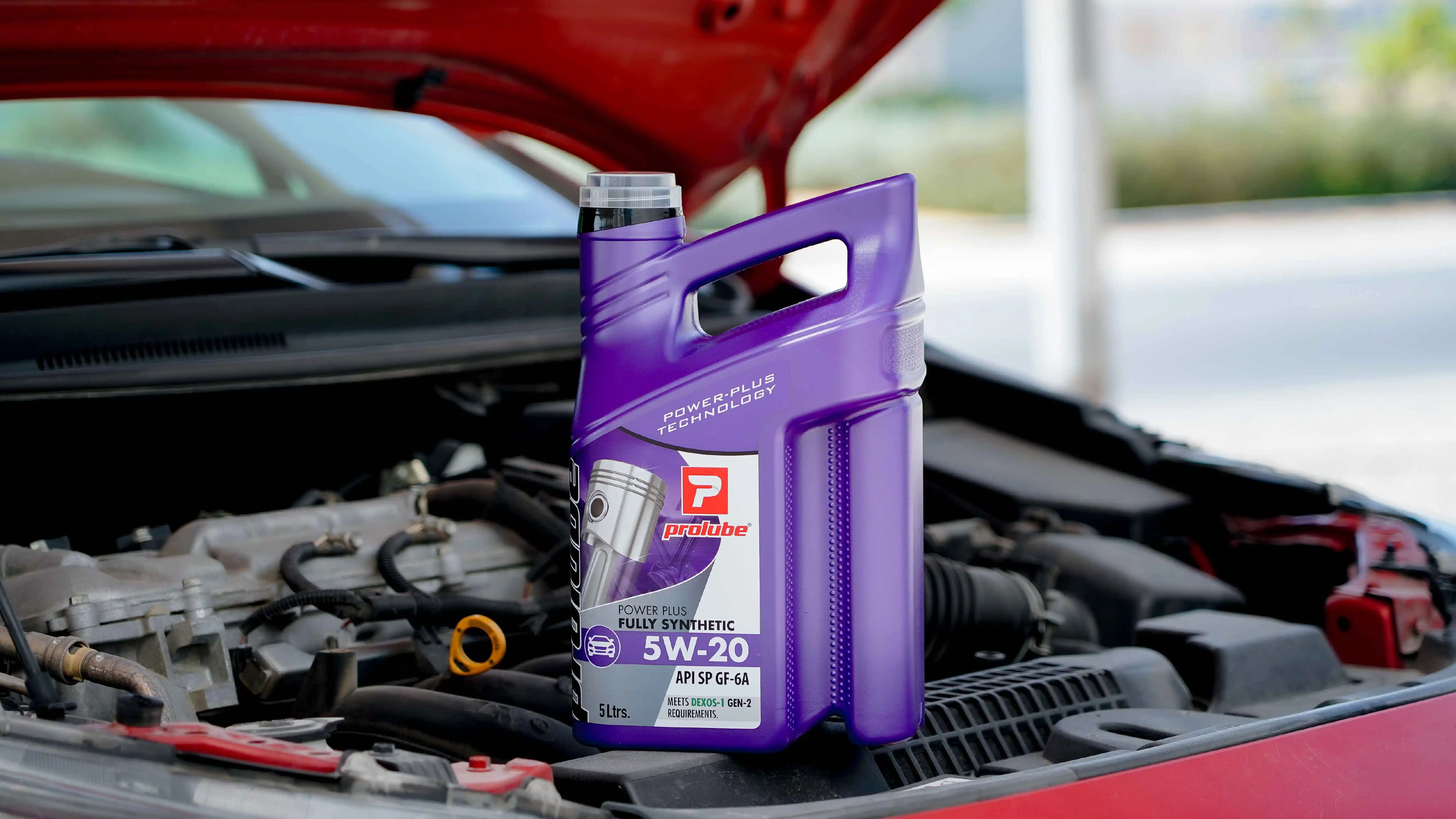
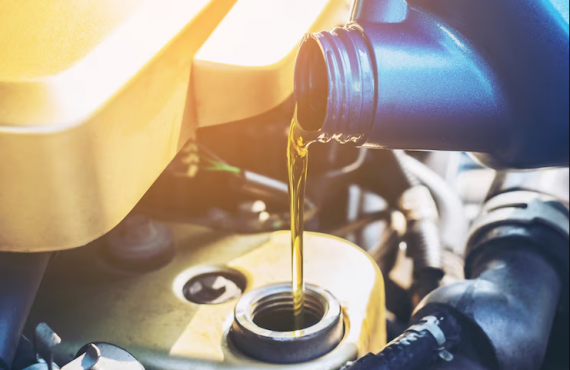
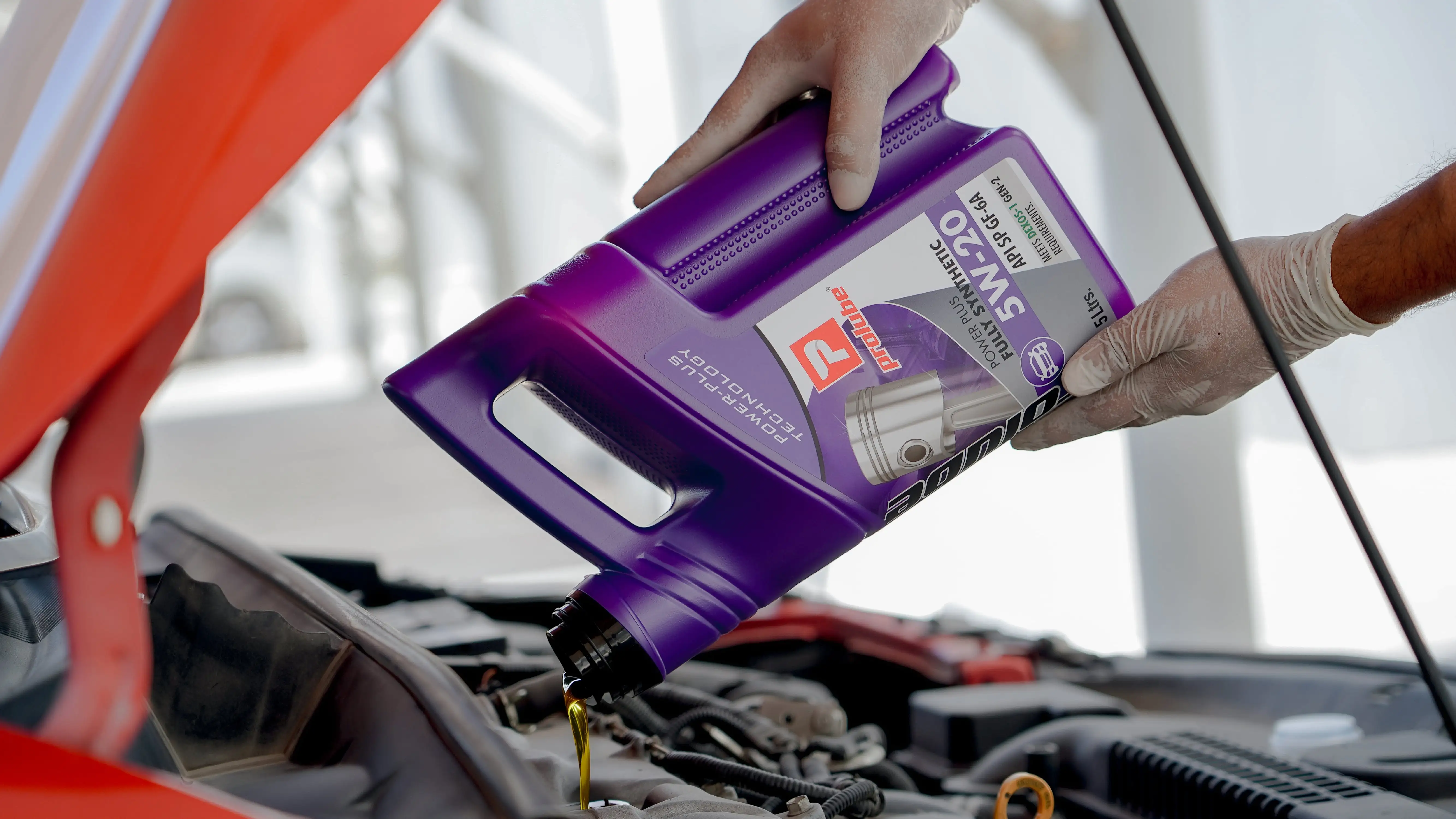


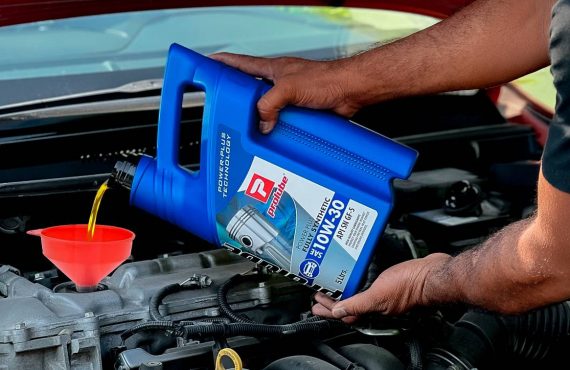
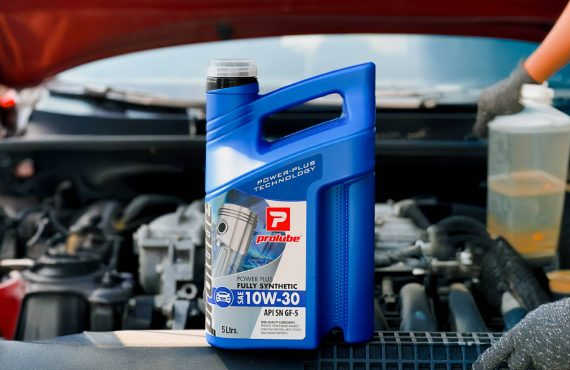
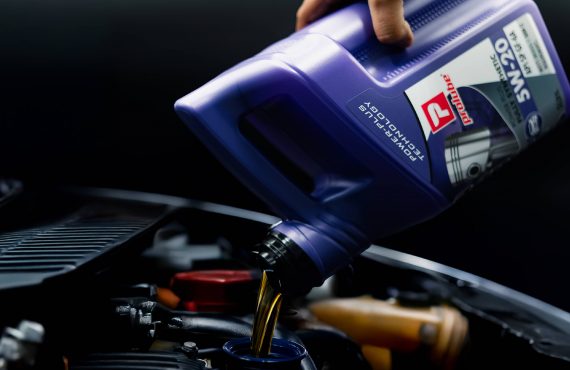
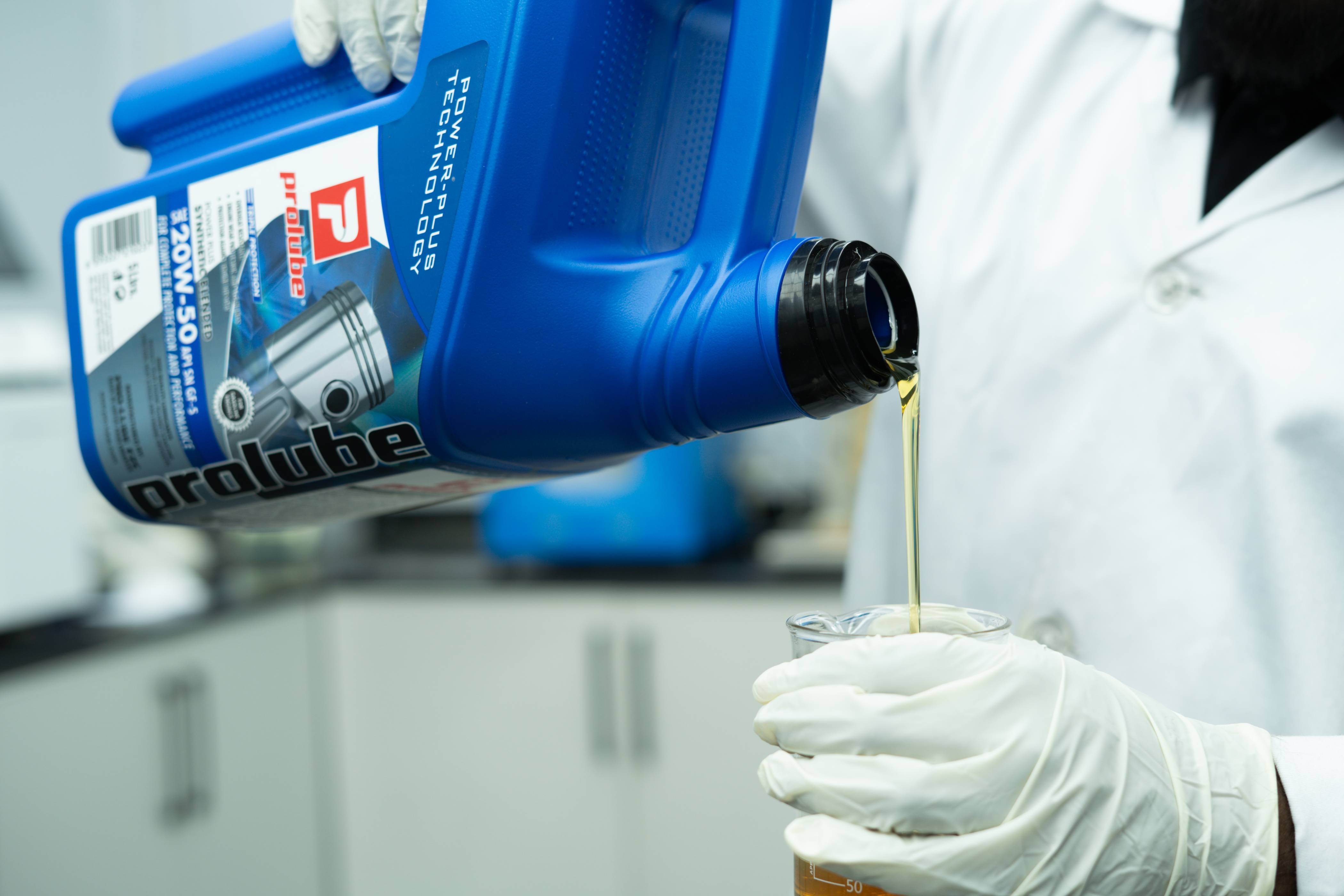
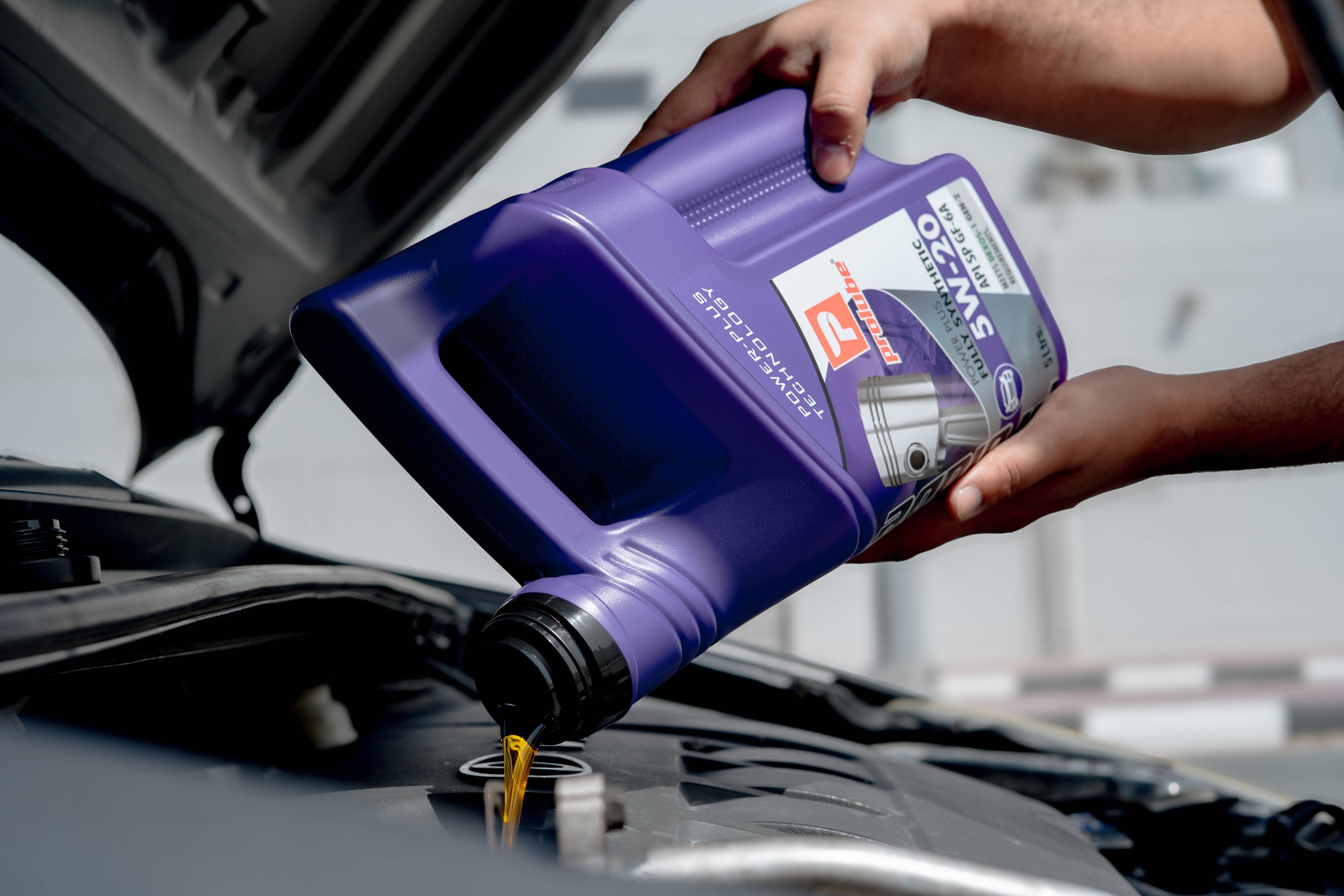
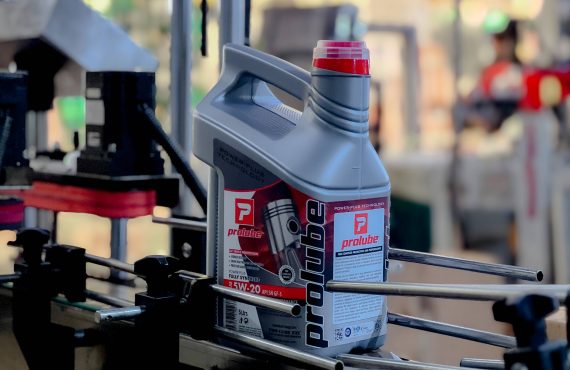


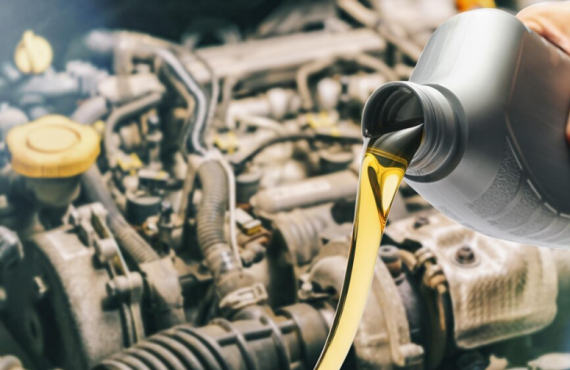

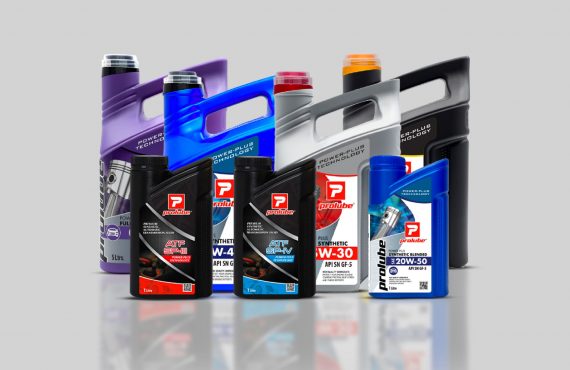

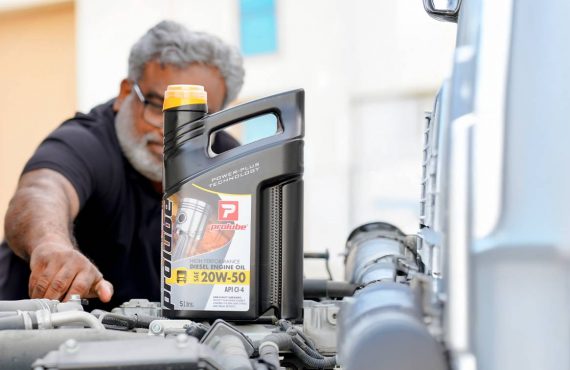
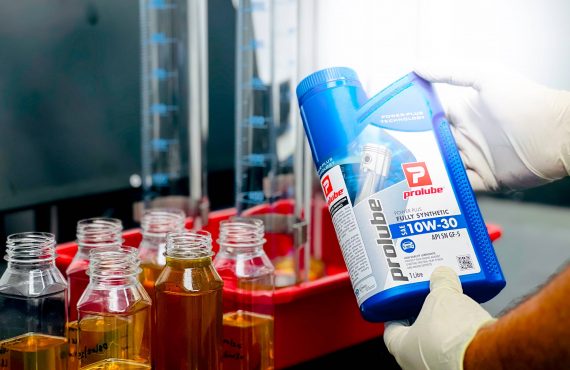

No comments yet.